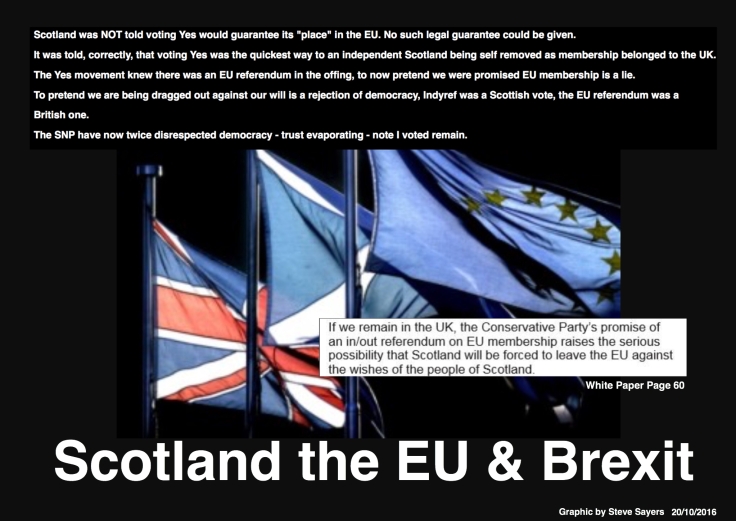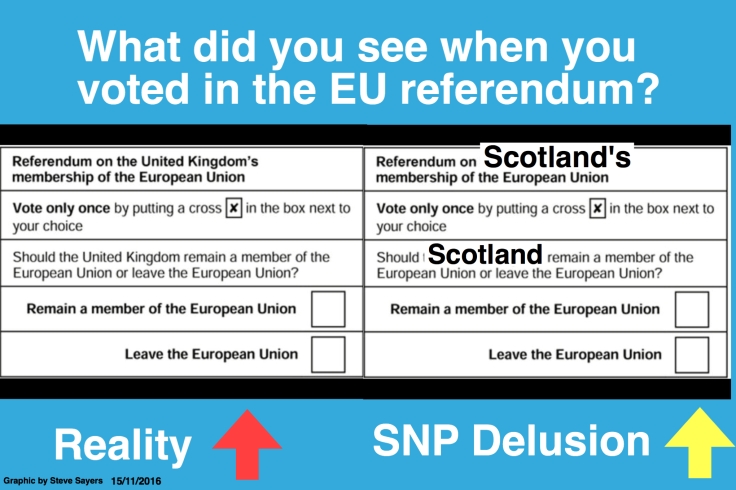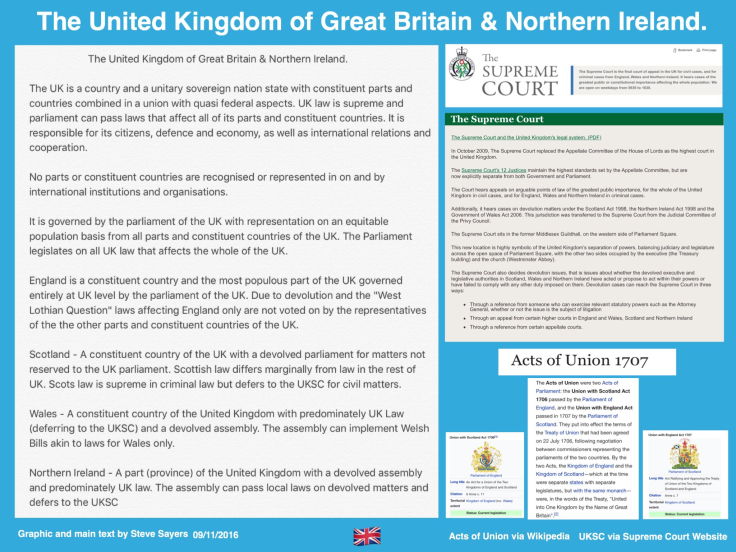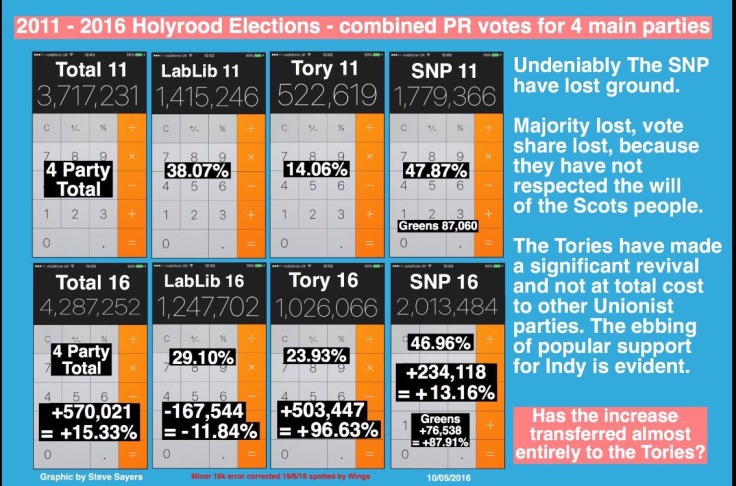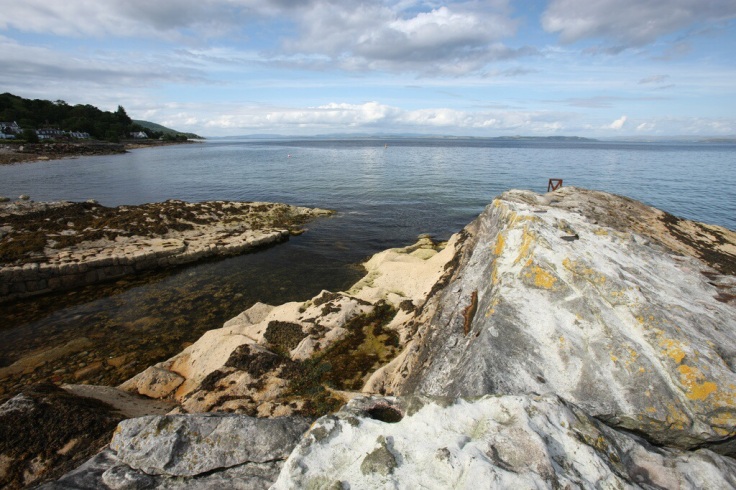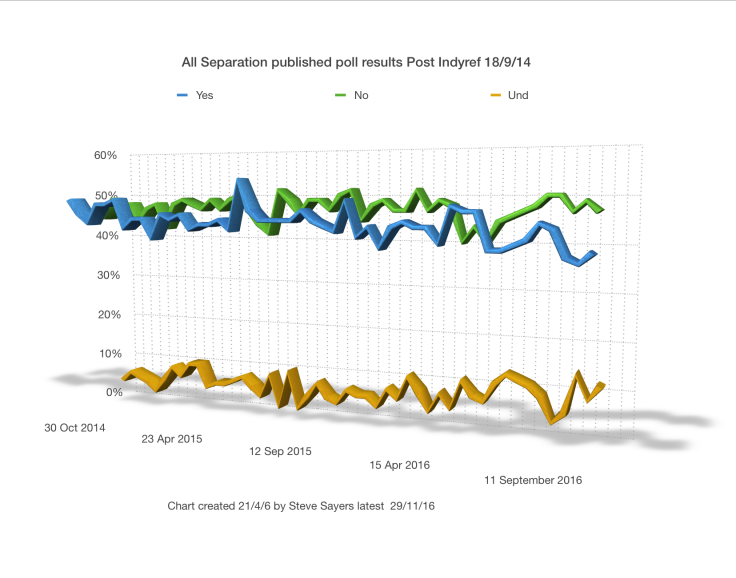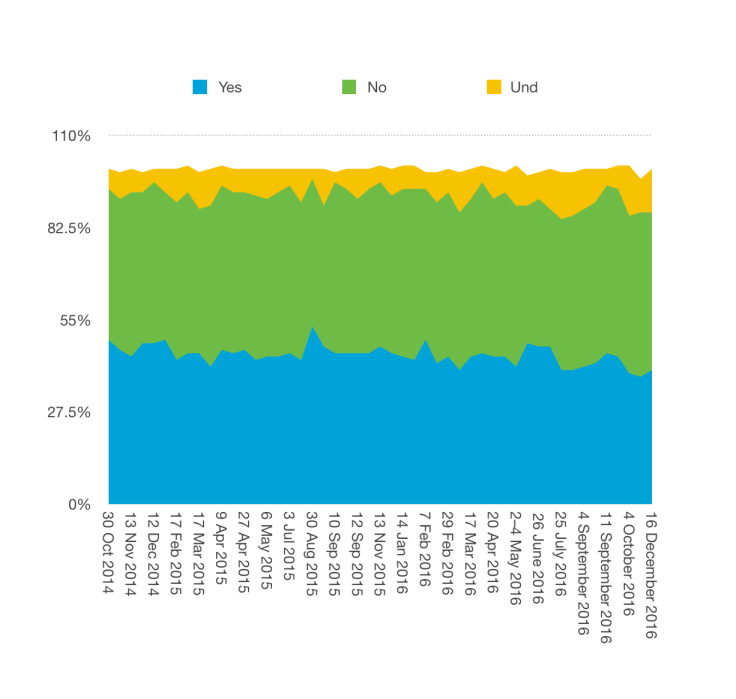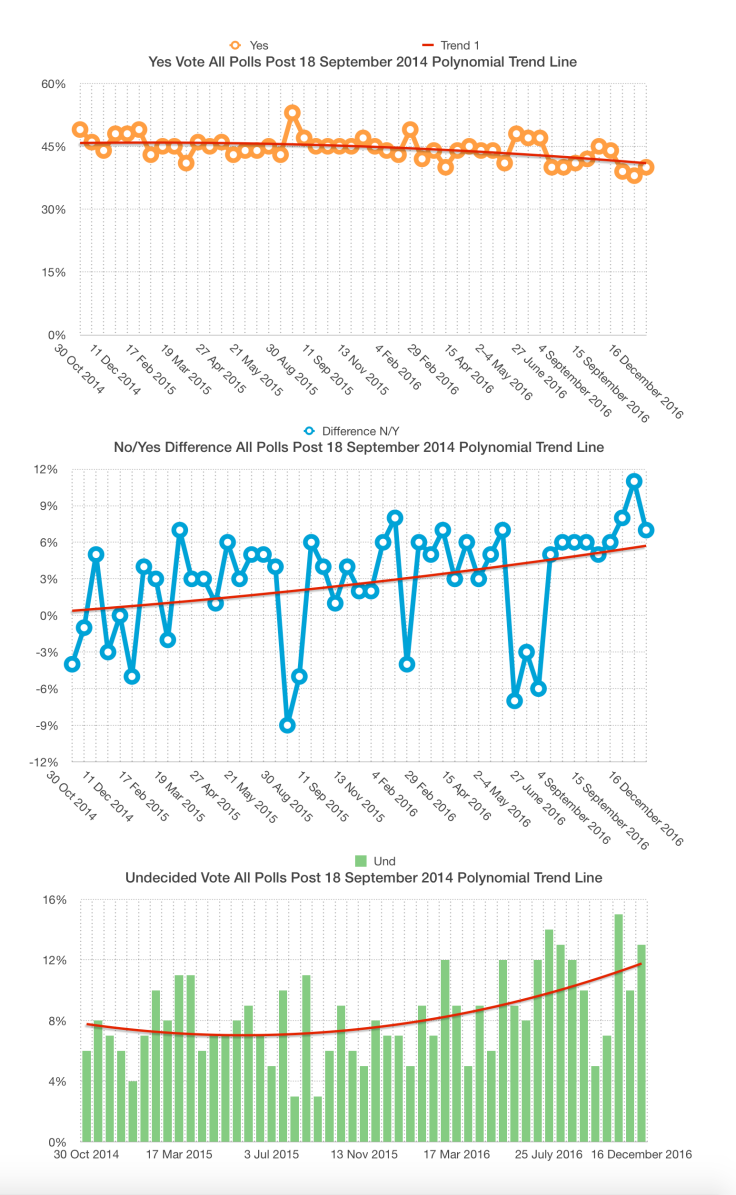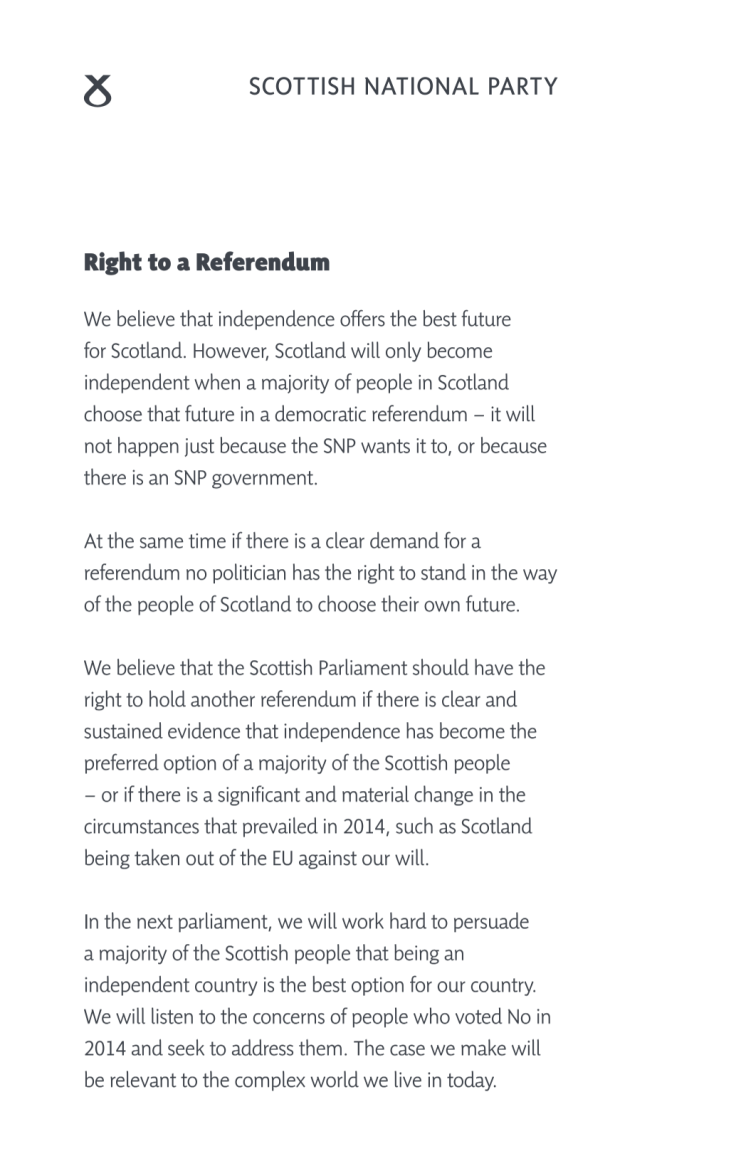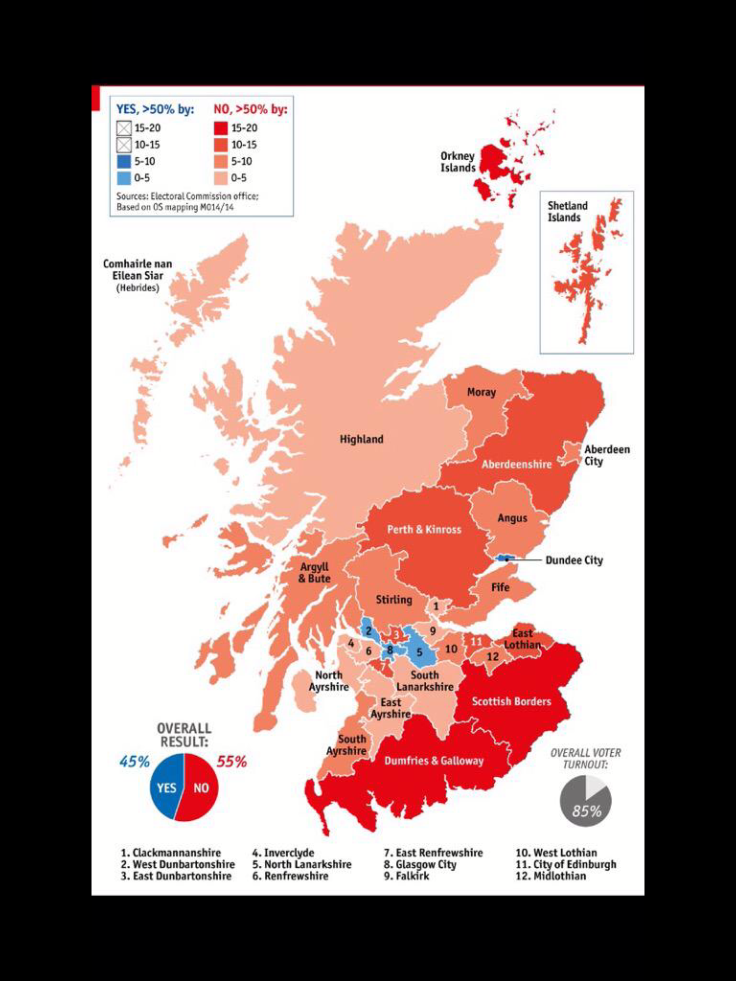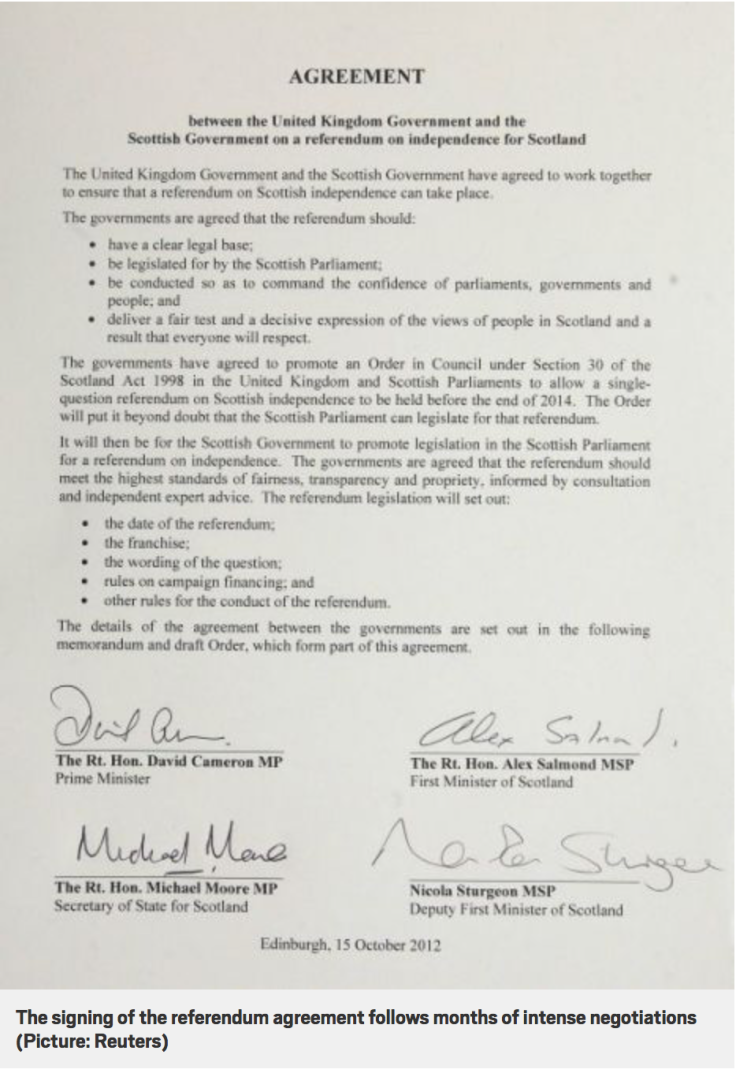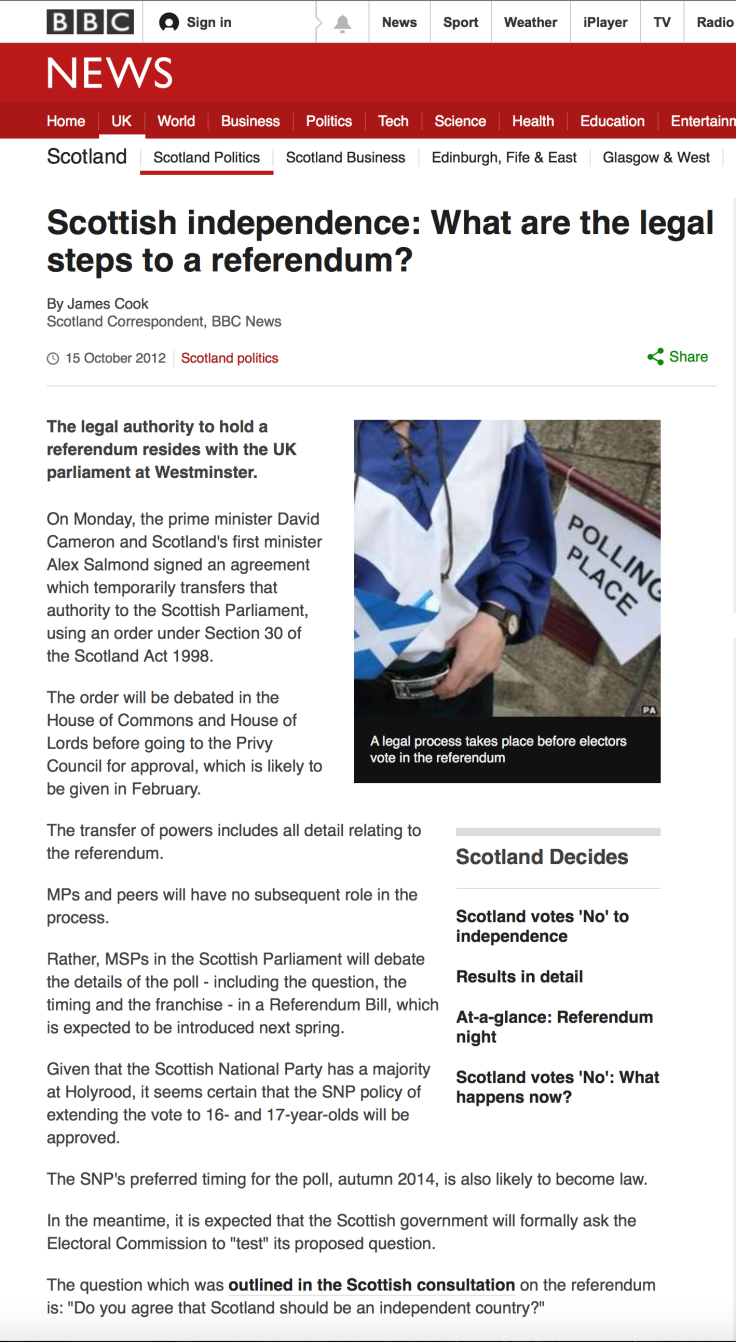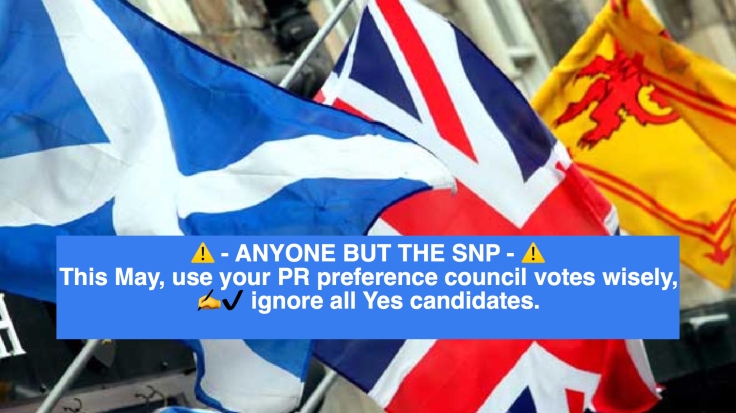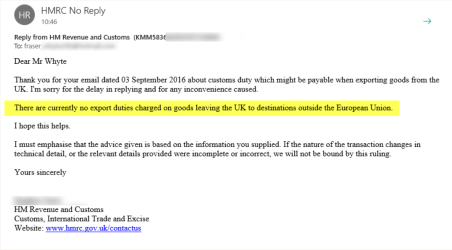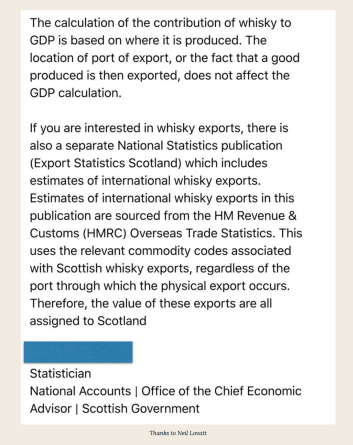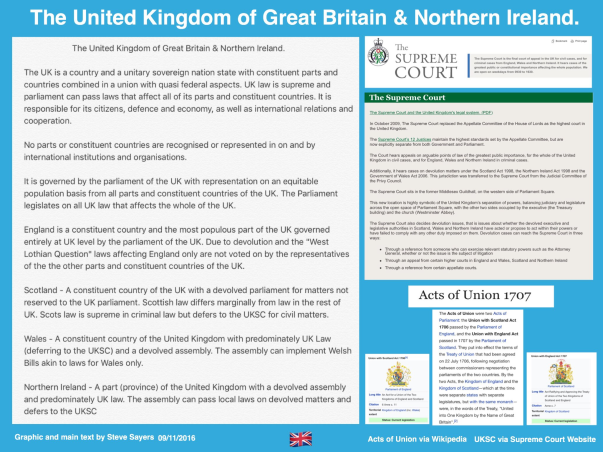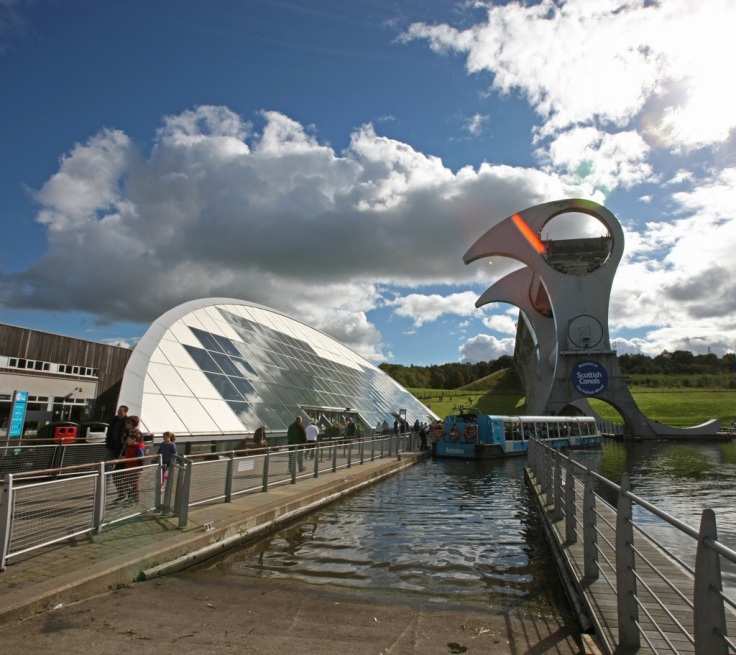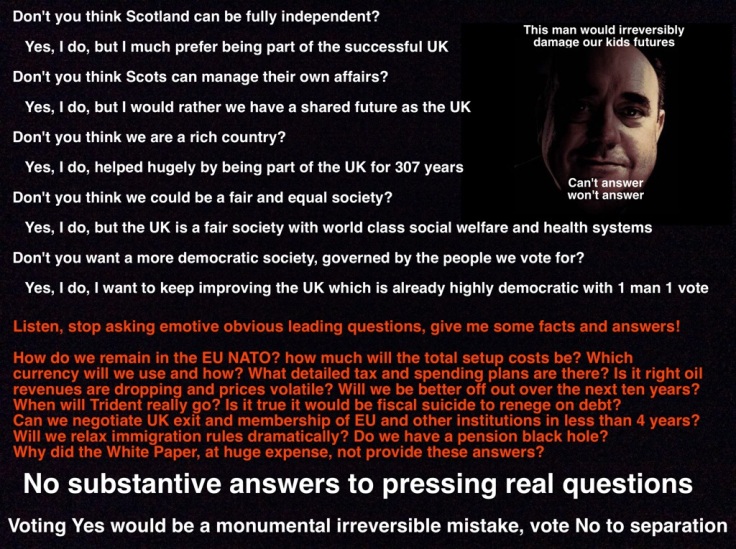How politically and economically informed are ordinary Scots?
I have been an ardent supporter of Scotland remaining as the United Kingdom for as long as I can remember. I used to watch the young Alex Salmond run rings round the opposition at the time and marked him out as bright and persuasive, on top of his subject, I admired him to some extent, certainly his cunning.
Since 2012 my opinion of him, his party and the information they provide us with, has taken a significant turn for the worse. I’m not sure whether he was always a charlatan, building up a solid reputation to allow him to lie and spin when the time was right, or, if his cause and anti UK hatred have damaged his mental faculties.
That’s as may be, I can no longer abide the man and his version of politics and persuasion. The publication of the White Paper, 690 pages of puerile propaganda, stunned me with its effrontery. That he and the SNP thought it would pass muster with intelligent voters seemed incredulous. Time and experience has robbed me of what, in retrospect, was naïveté.
I have, until recently, been extremely active on “Scottish” twitter with @SteveSayers1 (suspended now) mainly involved in opposing the first Scottish referendum, the SNP generally and some policies specifically, trying to educate an uninformed cohort of died in the wool nationalists.
At times I despaired at the lack of comprehension and the constant stream of “new” accounts demonstrating the same (apparent) lack of knowledge. I spent hours trying to reason and explain what to me were simple matters, only to be met with ridicule, abuse and outright disbelief that 2+2=4.
The main issues then were oil, economics, currency, EU, NATO, UN and capital flight.
Developments since we voted No? Total collapse of UK oil revenues, two years of massive current and forecasted deficits, currency options ridiculed, a Tory government and Brexit, seems a lot. In my view everything that has changed further mitigates against Scotland contemplating major constitutional change or independence.
But that’s logical thought, it doesn’t allow for the sheer “Indy at any cost” emotions perpetrated and cultivated by the SNP and die hard separatists. So it looks today like we have to endure the whole sorry divisive process once again, oh joy.
But it won’t be exactly the same, this time we start from a 60/40 No, rather than 72/28 last time, not that I give any credence to the opinion this will make it easier for separatists. The Union vote is now solid and entrenched, plus, Brexit has not moved it, also, about 30% of SNP voters voted leave, that’s a problem for Yes, these guys don’t want to be part of any union. I believe they will abstain or go with the devil they know rather than a jump in the dark to a new, less preferential, EU membership via an article 49 application. No UK opt outs and the Euro lie in that direction.
I’m hoping (but I won’t hold my breath) that if there is a second referendum the new reality of a Scotland outside the UK, while the UK is no longer in the EU, gives voters real pause for thought. That the economic reality of two years of crippling deficit (with more to come), the revised (still low) cost of setup (£10b) and understanding that we would inherit debt of approximately £150b will sink in, that GERS is a Scottish Government produced and approved assessment of our starting position of Indy, along with weakening EU, will resonate.
What is likely to happen is that there will an even more divisive campaign with lies and a real lack of quality information. The SNP have tried to remove the oil and currency out of the field and Europe too, although they have failed spectacularly on that, the EU today, for the third or fourth time, confirming it’s an Article 49 new application process.
What is certain is that there will be another combative “war” of information, I hope that the separatists case is as poor as last time, but the real issue is will people pay attention to it? Or, like last time, will real referenced data and information be ignored, misconstrued and ridiculed out of bigotry?
If we have another referendum I intend to oppose the separatists just as strongly as I did last time, and pushing real information will be the key. I think it will be down to individual parties small groups and individuals, I wasn’t a fan of the BT campaign last time, too timid, the Yes faithful took every opportunity to make it a Tory campaign operated by Scottish labour, leading to separatists employing their favourite tactic, playing the man not the ball.
All the above text is background, musings to set the scene for the real issue. How informed will the ordinary voter be? How informed are they now?
I followed with interest a small twitter poll True or False? passed to me by @AgentP22 (cheers) that asked simple questions about what people really knew about important content in the white paper. This content has been the subject of countless debates and fractious arguments with Yes voters. I had plenty of them, often being called a liar and resulting in personal attacks as the information was just (despite its reality and truth) not acceptable to Yes voters. The refutation was pathological at times, you could almost feel the hate generated by the cognitive dissonance the information caused.
The question was this;
“ScotGov’s 2013 “White Paper” stated Scotland was in deficit and iScot would inherit a £100B share of UK debt”
The poll then asked;
True, False, Don’t know, Didn’t read it.
Bear in mind this was “The Plan”, the basis of how an Indy Scotland would make its way in the world. The result, over 600 people voted, was very interesting.
True 42% False 32% Don’t know 8% Didn’t read it 18%
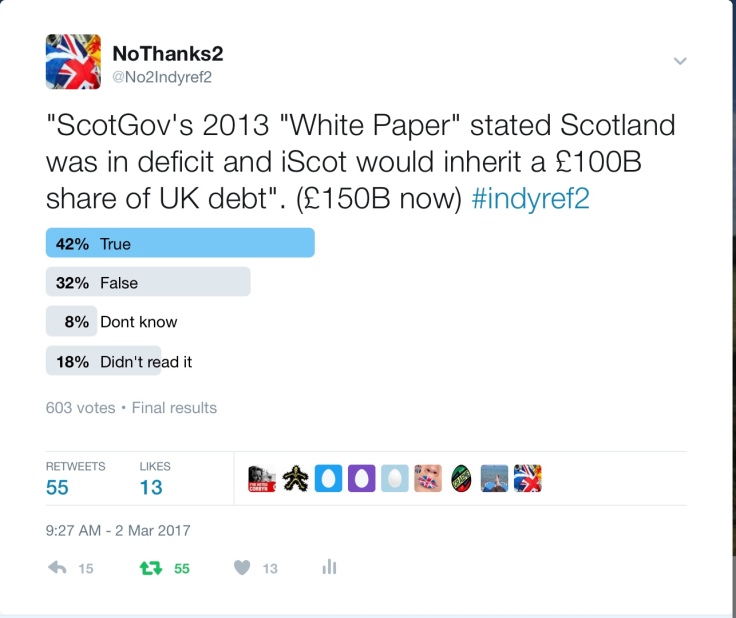
I find this stunning. I can accept the don’t knows, they may have skimmed it and really can’t recall. I can accept the didn’t read it’s, although I find 18% high, it’s likely they had a pre informed opinion, were not interested in the information available, their vote would not have changed regardless.
It’s the false at 32% that I find incredulous. These people are lying, lying about the content or lying about having read it.
There is a very large contingent of nationalist tweeters, bloggers and FaceBook posters who constantly insist Scotland has no debt, that the debt has been generated by and belongs to the UK. The deficit highlighted by GERS also belongs to the UK, has nothing to do with Scotland and is a UK conspiracy to defraud Scotland of its rightful independence.
You might think that these “deniers” are just small time crackpots, but no, some of them are classed by themselves and their followers as bigwigs and leading lights in the Indy camp, the likes of Malky, Wings, Berthan Pete etc.
It is these people and their acolytes who voted false in the poll, denying reality out of pure adherence to the cult mantra of Indy at any cost.
The answer to the question of how informed is the ordinary voter? Many are very badly informed or themselves guilty of disseminating false information “false news” if you will.
My job (and yours if you see reality) in Indyref2 (if it happens) is to ensure these information charlatans are totally exposed. It’s up to us as the likes of Salmond and Sturgeon are hell bent on destroying the UK to secure their place in history. They encourage these purveyors of false information by saying nothing.
I can’t wait for White Paper two.
Steve.







